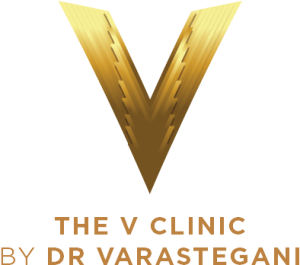DNA-Based Nutrition Insights – What Your Body Can Tell You
🧬 What Your DNA May Reveal
Through non-invasive saliva-based DNA testing, we can better understand your:
✅ Vitamin & Mineral Metabolism
– Potential challenges with absorbing nutrients like vitamin D, B12, or folate
✅ Carbohydrate & Fat Processing
– Whether your body may prefer lower-carb or lower-fat plans
✅ Caffeine Sensitivity & Detox Efficiency
– How you may respond to caffeine or environmental compounds
✅ Inflammation Response
– Genetic tendencies linked to inflammation or fatigue
This data supports our ability to build a nutritional plan that matches your needs.
🍽️ How Your DNA-Based Nutrition Plan Works
- DNA sample taken in-clinic or remotely
- Optional blood tests for inflammatory and nutrient markers
- Personalized nutrition plan built on your test results and goals
- Optional supplement suggestions based on data—not guesswork
- Ongoing education and updates based on your progress
⚠️ This service is educational and designed to complement—not replace—any clinical advice or treatment.
⚖️ Why This Matters for Weight and Wellness
Traditional diets often ignore your biology. Our DNA-based nutrition planning helps you:
- Identify what foods and patterns may work best for your metabolism
- Discover hidden nutrient needs
- Build a sustainable, enjoyable eating plan
💡 DNA-Informed Nutrition Supports:
- Healthy weight regulation
- Reduced cravings and inflammation
- More energy and improved digestion
- Smarter, data-led dietary decisions
📞 Book your DNA consultation or request your home testing kit today.


